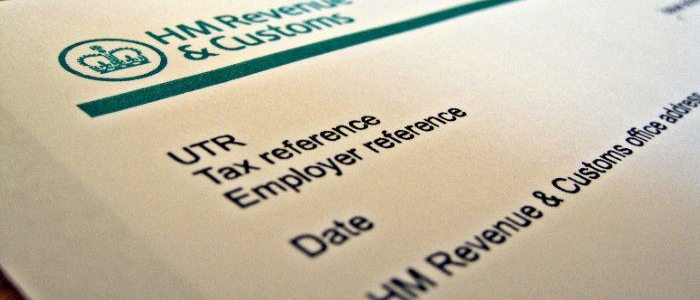
The prospect of an IR35 investigation is sure to unnerve any contractor whose fees are paid through their own limited company. Even if your tax affairs are entirely in order, dealing with HMRC investigators can be a serious distraction and eat into time you could be spending on clients and although you may be confident that you can prove you are truly self-employed, there may still be a risk that HMRC disagrees and demand ‘unpaid’ taxes and a possible penalty.
Why was IR35 introduced?
IR35 refers to legislation that HMRC uses to decide if a contractor is using self-employment status to unfairly minimise their tax liabilities. Their concern is that some contractors are really just ‘disguised employees’, who effectively work for a company like an employee but pay self-employed tax. For more details, see the ContractingWISE guide explaining IR35.
What is an IR35 investigation?
If HMRC decides to investigate you will receive a letter saying they are checking your tax records and ask why you consider that you are self-employed. If they do not accept your explanation, they will conduct a detailed review, obtaining evidence from you and your client, as well as asking for a meeting with you.
How many IR35 investigations are there?
It’s important to keep the risk of an IR35 investigation in perspective. Although there are many thousands of personal service companies operating in the UK, only a handful are selected for IR35 investigations. In the 2013/14 tax year, there were 192 enquiries made, 25% fewer than in 2012/13 and substantially less than ten years ago, when the tax authorities were investigating around 1,000 cases a year in 2003/04. However, just because the number of investigations is low, the consequences of an investigation can be severe, with penalties of up to 100 percent of any unpaid taxes.
How to minimise the risk of an IR35 investigation
HMRC approaches IR35 compliance in two ways – first by randomly selecting companies and second, by looking for red flags that raise suspicion. HMRC’s point of view is that a genuinely self-employed person is effectively running their own business, so they should be claiming deductions and expenses on the costs of running that business. Employees don’t pay those costs as they are given premises, equipment and materials. So a limited company with a low turnover, low expenses and high dividends is at higher risk of an IR35 investigation.
Maintaining good records, having a contract in place supporting your self-employed status and being able to provide a good explanation of your working practices will help you in the event of an IR35 investigation.



